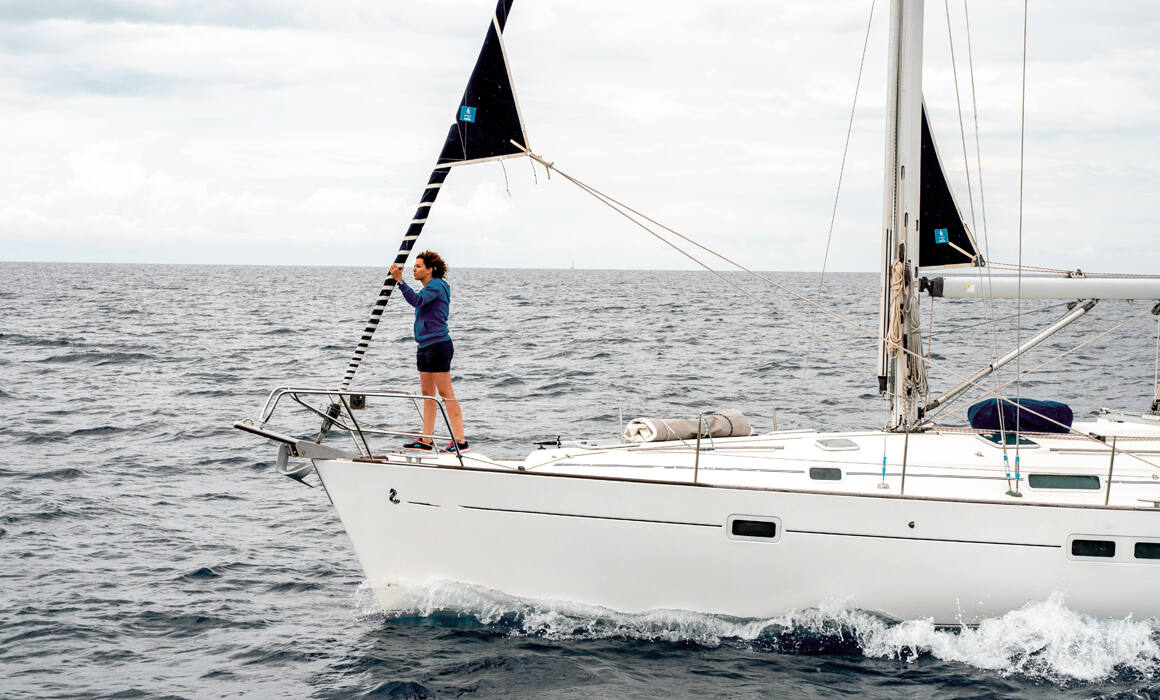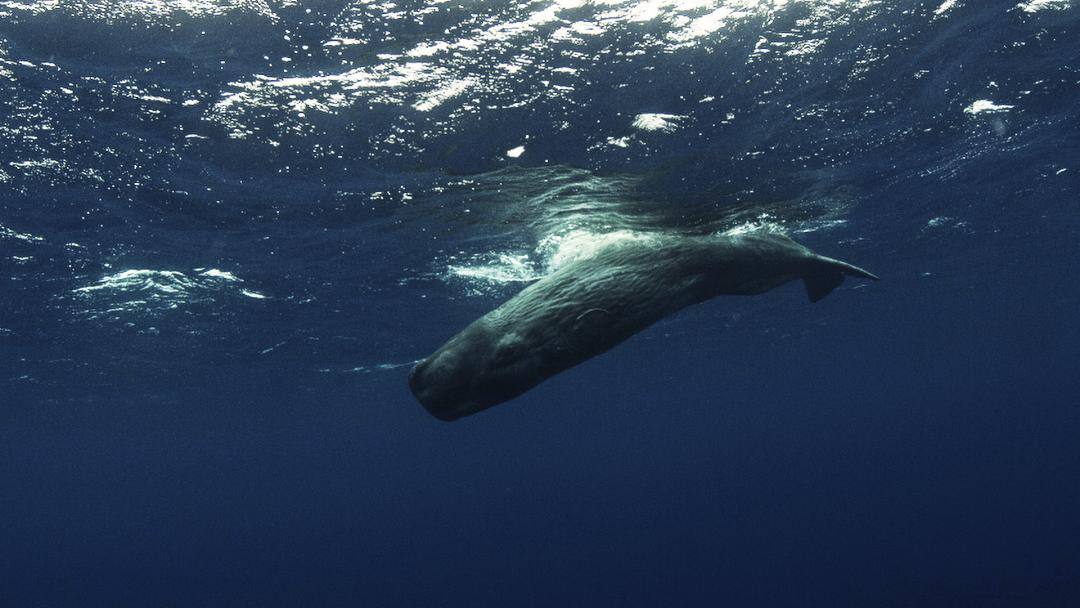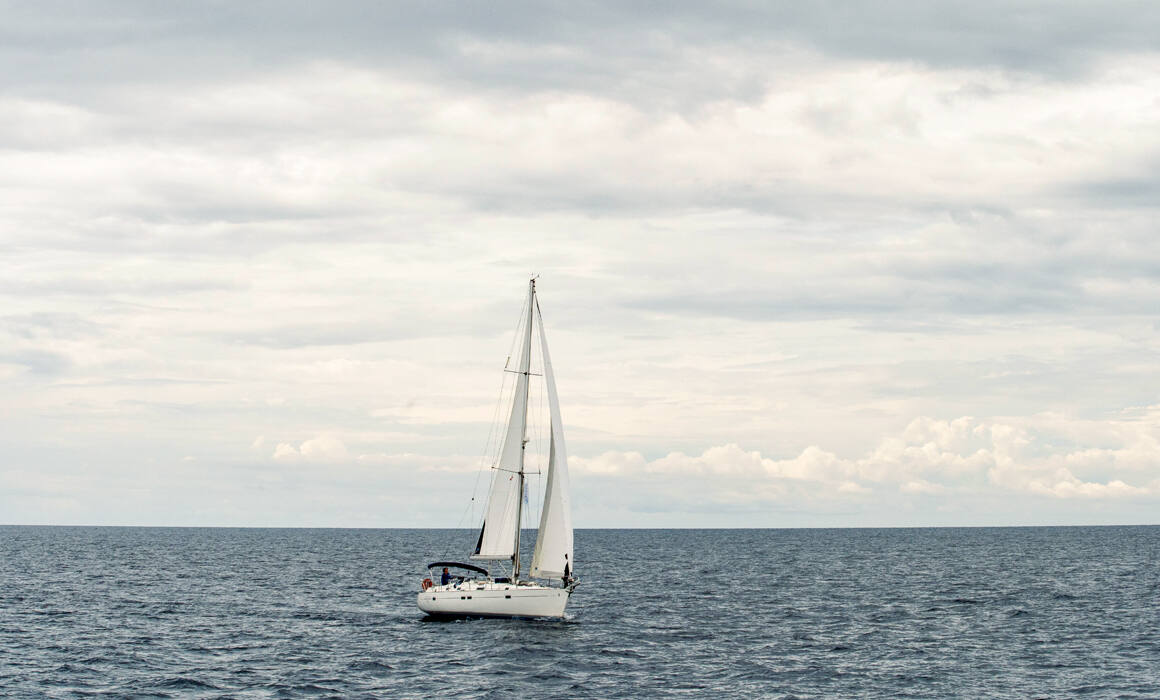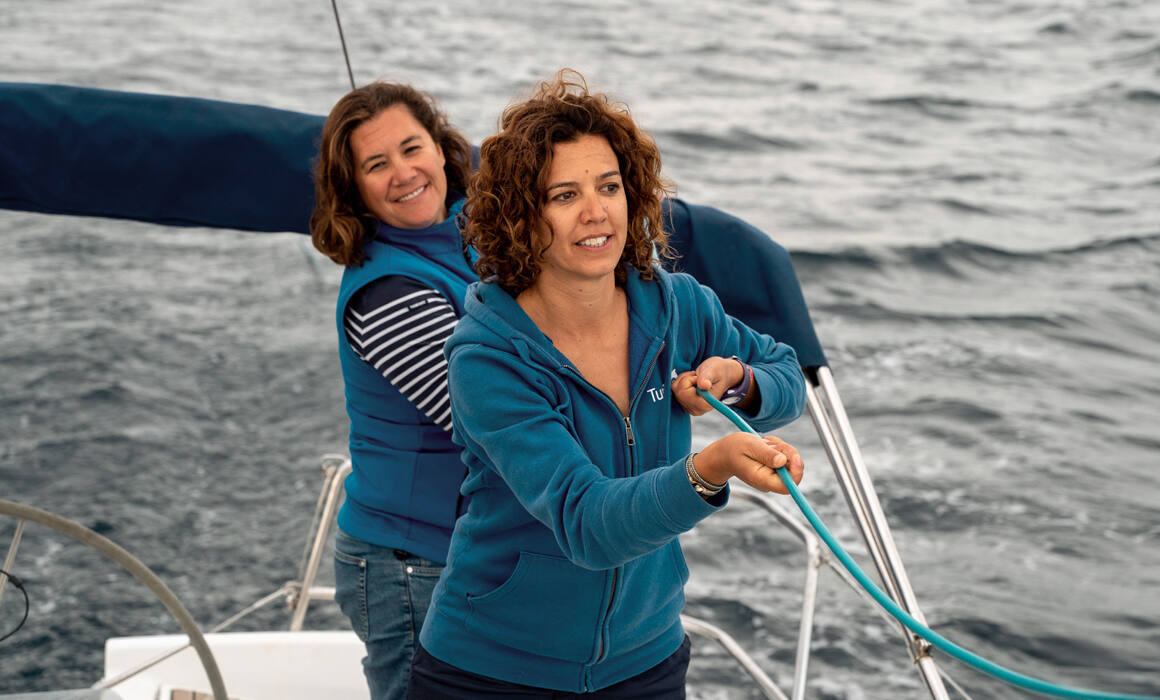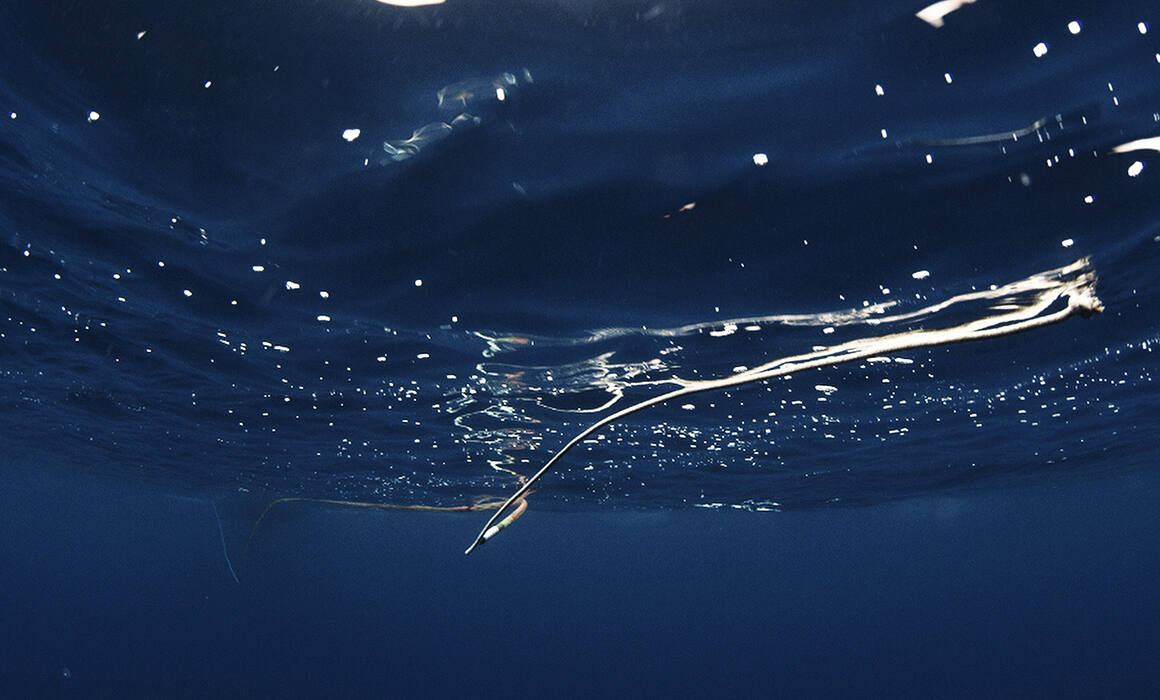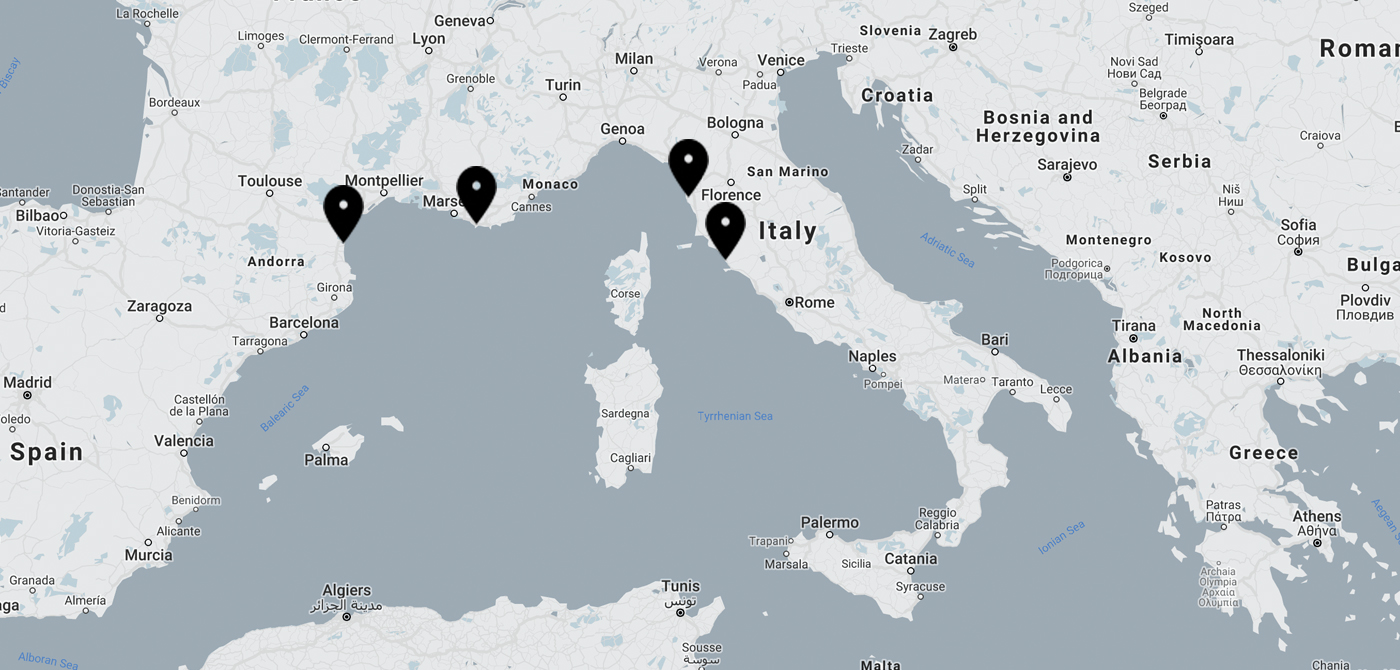Txema first swam with a dolphin in the open sea at the age of 15. It happened in a small harbour in his native Mallorca and the experience marked the beginning of a very special connection between Brotons’ two passions: the Mediterranean and cetaceans. For more than 20 years, he has been working to protect and preserve these animals in general, and the Mediterranean sperm whale in particular. This unknown giant that dwells in the depths of our sea is at risk of extinction, with a total population of less than a thousand specimens in the western Mediterranean.
Choose your country or region
- Europe
- Spain
- Catalonia
- Portugal
- United Kingdom
- International Version
Unknown giants
MALLORCA, BALEARIC ISLANDS
Txema Brotons, Founder President and Scientific Director at Asociación Tursiops
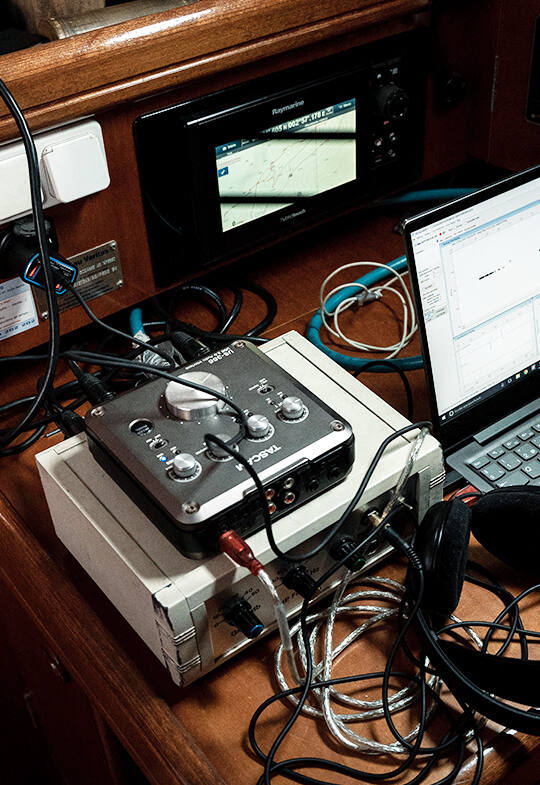
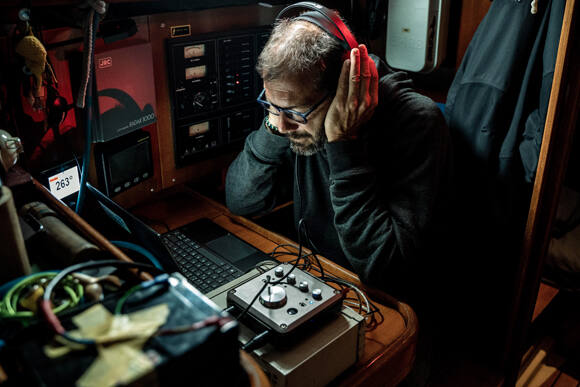
CULTURAL ANIMALS
Sperm whales communicate through clicking sounds which follow a specific pattern of repetition called CODA, creating a different “language” in each community. This means that Mediterranean sperm whales exhibit a communication pattern that is unique in the world, which is the same thing as having their very own cultural heritage. “This language is transmitted culturally, and that is why we say they have their own culture; if we were being more specific, we could say they have a Mediterranean culture,” says Txema Brotons. The disappearance of the Mediterranean sperm whale would mean the loss of an entire cultural and genetic legacy specific to our sea.
IN THE DARKNESS
The sperm whale is the largest toothed animal in the world. A giant that spends most of its time in the darkness of the depths and communicates with its environment through sounds. Two factors which, according to Brotons, are key to understanding why we know so little about them, “Sperm whales are like Martians to us because they are acoustic animals, and we, as visual animals, are highly limited when it comes to understanding them. Moreover, they exist in an environment that is extremely difficult to access.” However, this situation does have one significant advantage: the depths that Mediterranean sperm whales live at allow them to be unaffected by overfishing, so it is easier for them to find food.
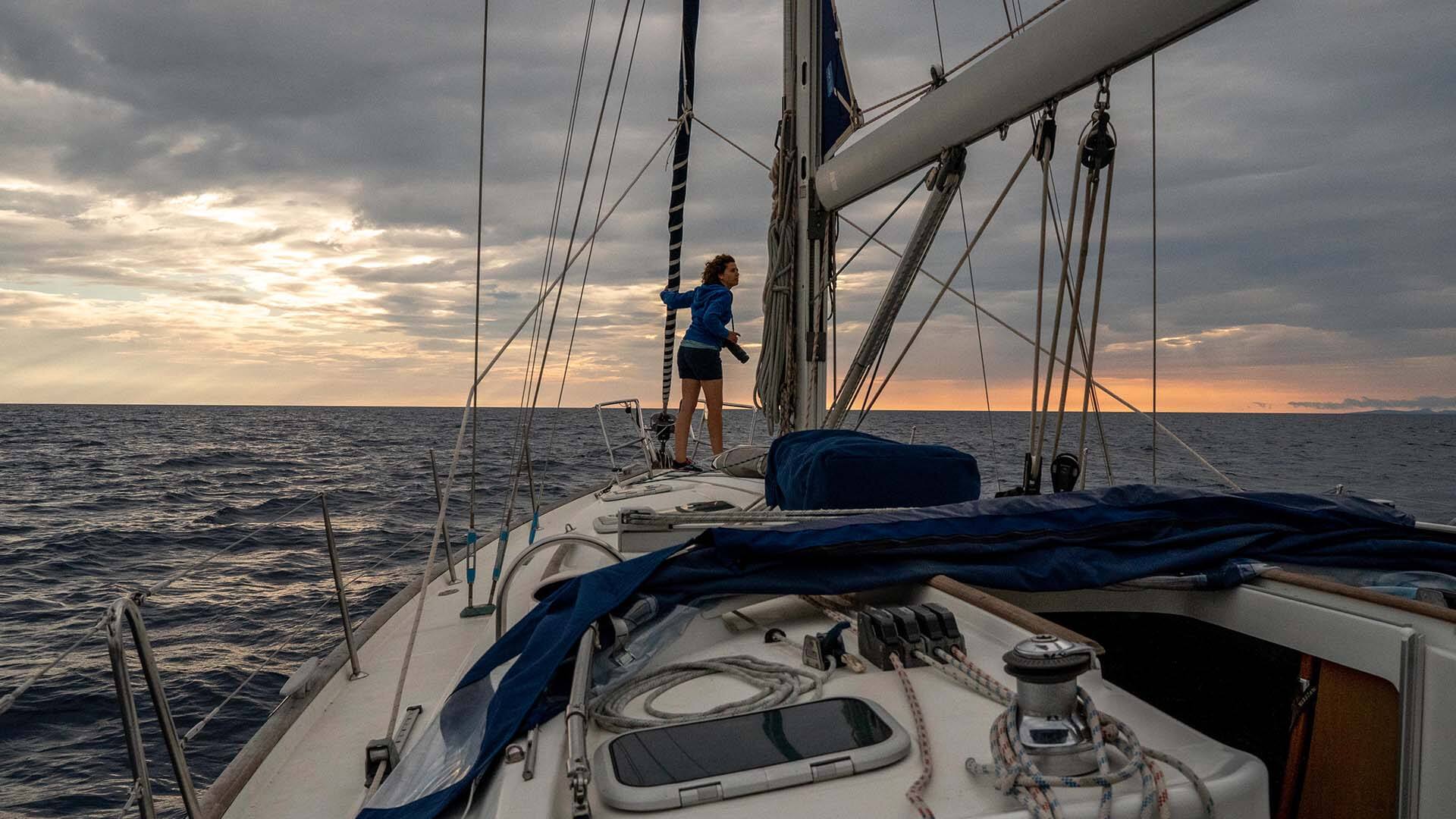
SCIENCE AND CITIZEN COLLABORATION
Drift nets, which are illegal but still used in some Mediterranean countries, along with collisions with ships, are the main non-natural causes of death for Mediterranean sperm whales. As a result, since 2013, Asociación Tursiops in collaboration with the University of St Andrews, has been leading a scientific project to preserve the Mediterranean sperm whale and protect it from such dangers. Citizen collaboration plays an essential role in this initiative, as it is the volunteers who fund the study campaigns and take part in the research efforts alongside the scientific team. An experience that allows anyone to sail and wallow in the blue of the Mediterranean, but which, as Brotons points out, has nothing to do with whale-watching, “Tursiops’ volunteers fund scientific research and are directly involved in a project with clear and specific goals.”
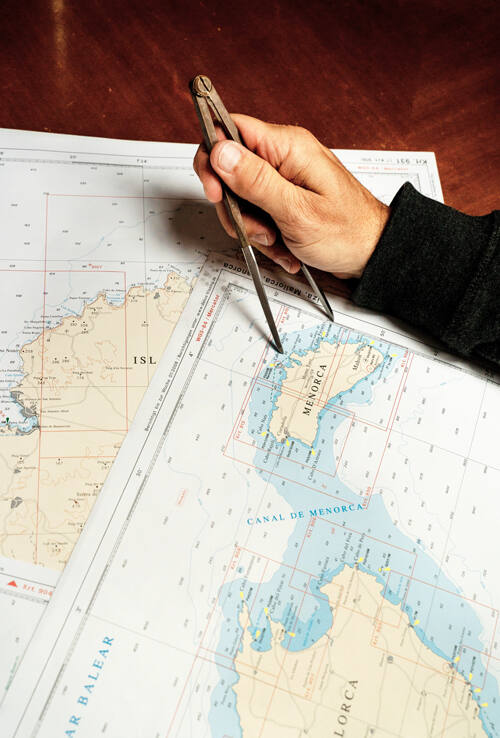
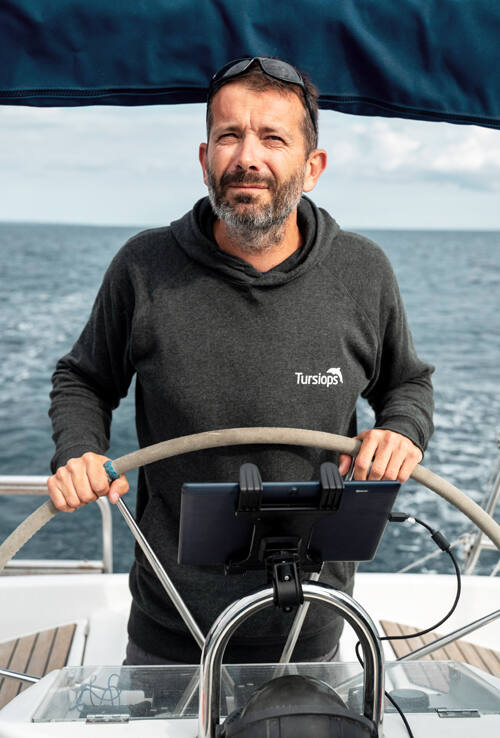
REASONS TO BELIEVE
Tursiops is an association that, according to its founder, “stands alone,” although he also points out that “there is an increasing number of entities that believe in us, in the work that we do.” The project is primarily funded by support from private individuals, which clearly demonstrates the increasing awareness and sensitivity in today’s society to the importance of protecting the Mediterranean ecosystem. And although the improvement processes may be slow-moving, Brotons believes that we have reason to be hopeful, “We need to be optimistic, there’s no point in looking for excuses, we need to start making progress so we can act now. Because the force of change is inside each of us.”
